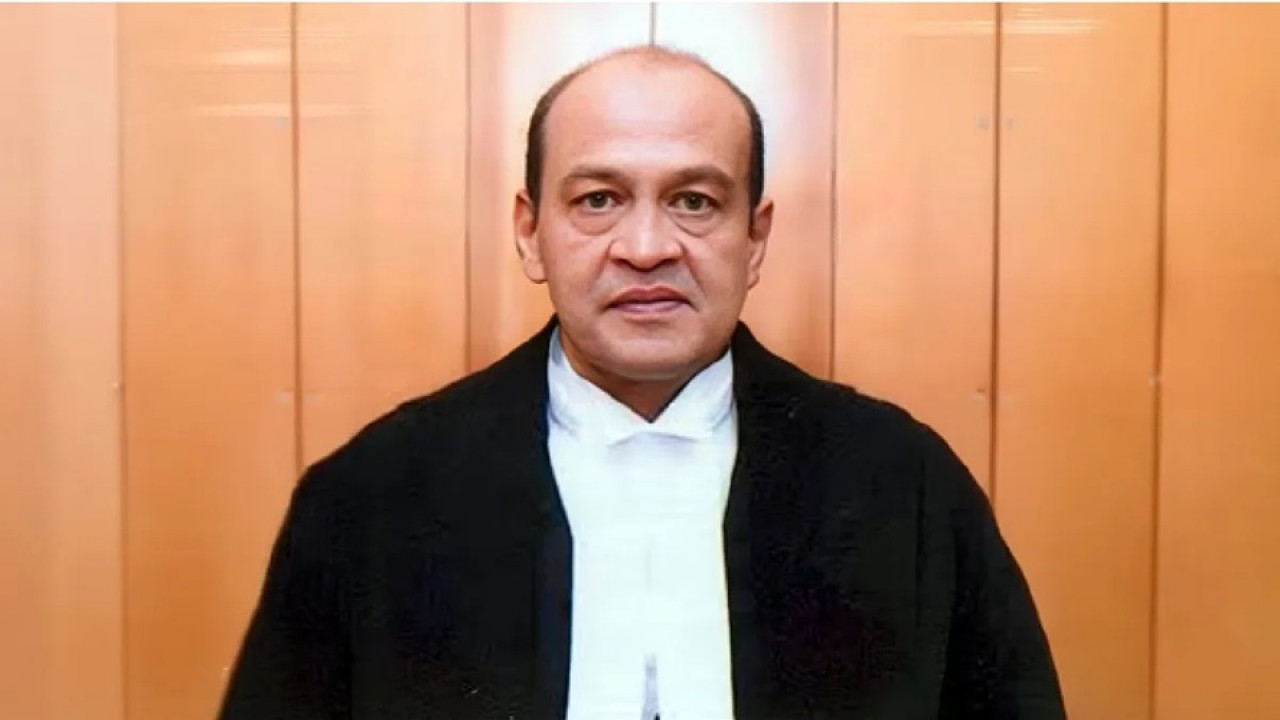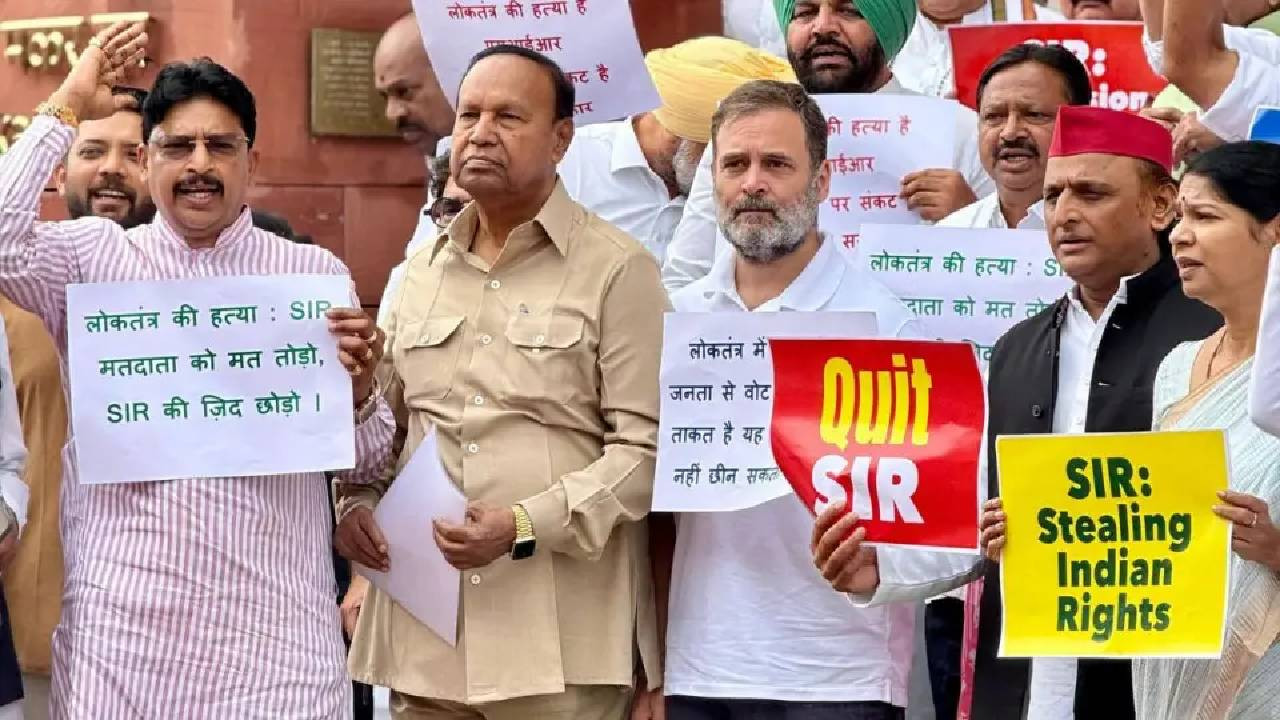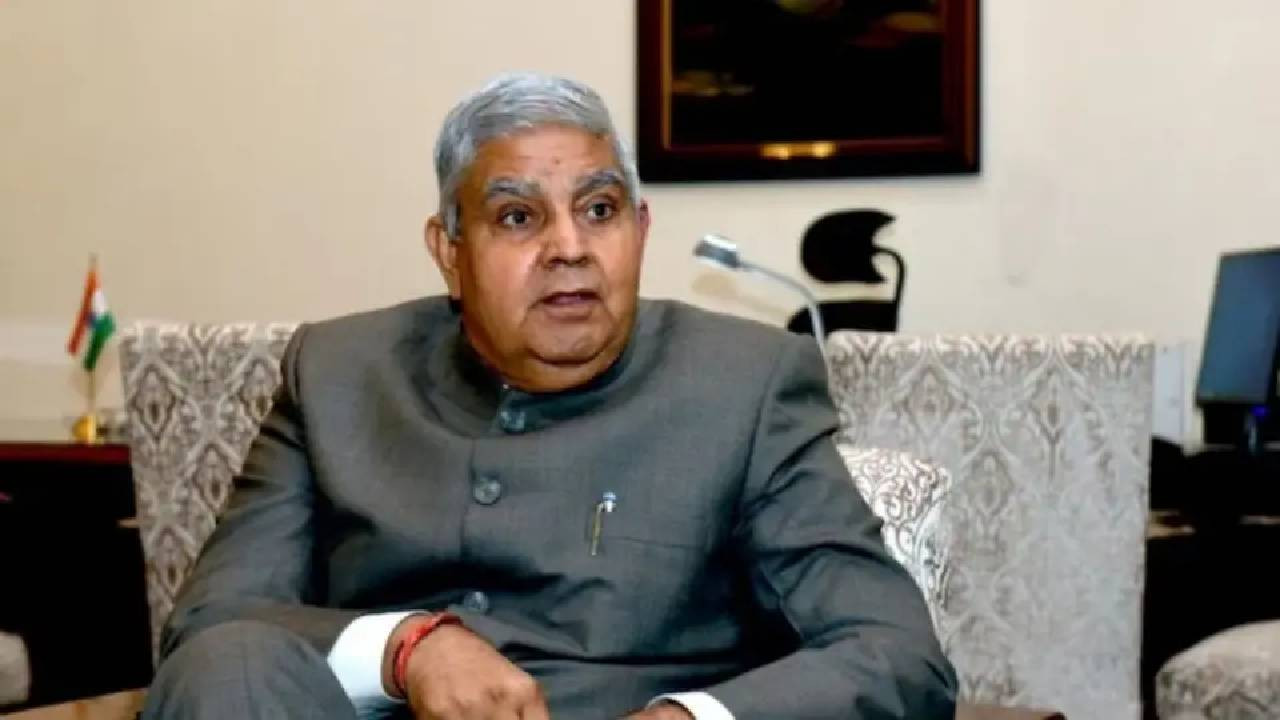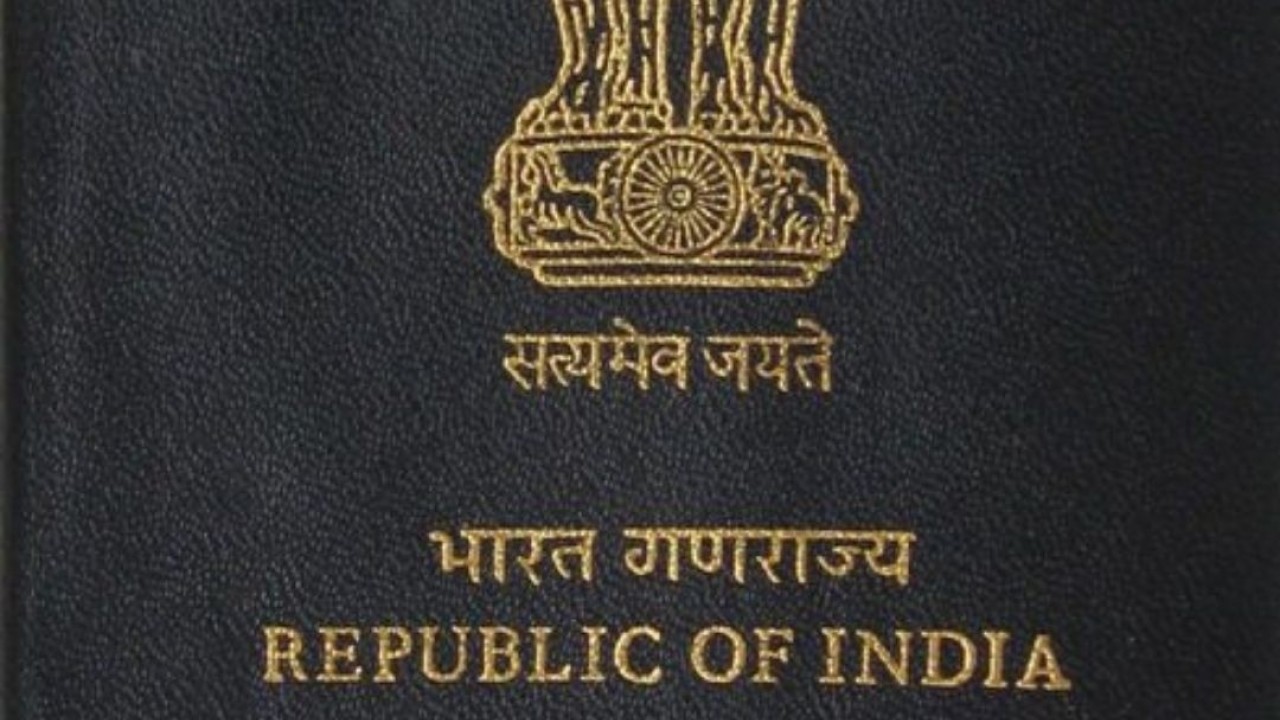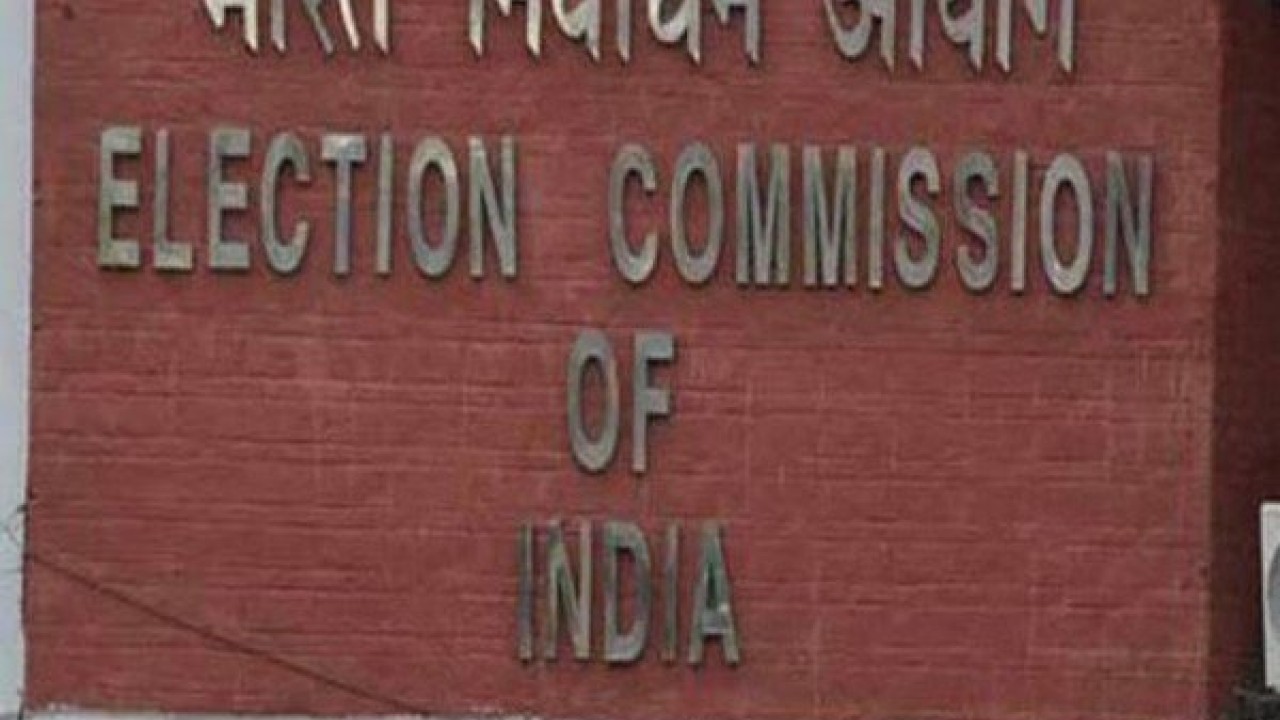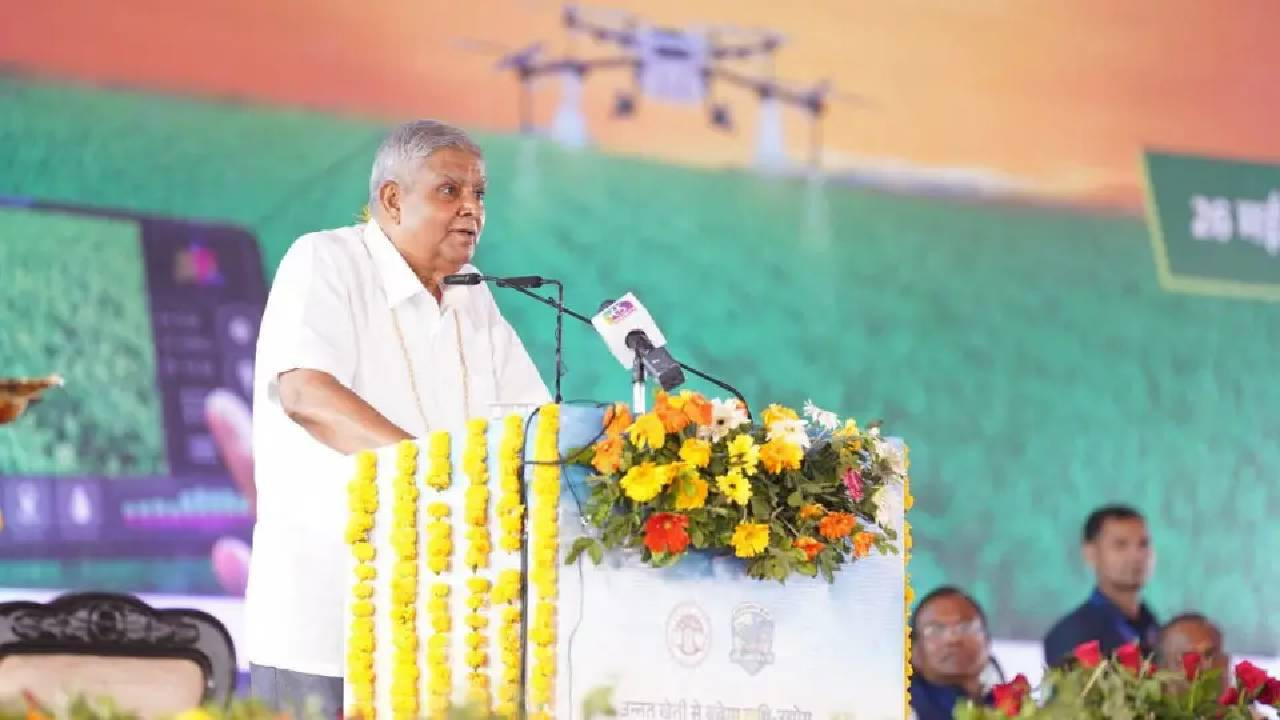National News: The impeachment process against Justice Yashwant Verma of the Allahabad High Court formally began on Monday afternoon, marking a historic moment in India’s judicial and parliamentary landscape. The development follows the shocking discovery of a large pile of burnt 500 notes at the judge’s residence, which has triggered significant uproar both in and outside Parliament.
MPs from Ruling & Opposition Parties Stand Together
In a rare show of bipartisan unity, 145 Members of Parliament submitted a joint memorandum to Lok Sabha Speaker Om Birla, demanding action under constitutional provisions. According to sources, the memorandum has been signed by MPs from various opposition parties, including the Indian National Congress, Communist Party of India (Marxist), and the Nationalist Congress Party (NCP).
Surprisingly, lawmakers from the ruling Bharatiya Janata Party (BJP) and its allies—such as the Telugu Desam Party (TDP), Janata Dal United (JDU), and Janata Dal Secular (JDS)—have also endorsed the motion.
Key signatories include prominent leaders
Notable figures among the signatories include former Union Minister Anurag Thakur (BJP), Rahul Gandhi (Congress), and Supriya Sule (NCP). This broad-based consensus has brought the issue to the national forefront, reinforcing its seriousness and urgency.
First Impeachment Against a Sitting High Court Judge in Independent India
This marks the first time in independent India’s history that impeachment proceedings have been initiated against a sitting judge of a High Court. Parliament will now investigate the matter under Articles 124, 217, and 218 of the Indian Constitution, which outline the procedures for judicial accountability.
Understanding the Impeachment Process
Impeachment in India is a constitutional mechanism for the removal of judges from the Supreme Court or High Courts. Once appointed, a judge can only be removed through a rigorous process involving
- A formal motion supported by a minimum of 100 MPs (Lok Sabha) or 50 MPs (Rajya Sabha)
- An inquiry under the Judges (Inquiry) Act, 1968
- A two-thirds majority vote in both Houses of Parliament
- Final approval by the President of India
Although the term ‘impeachment’ is not explicitly used in the Constitution, the process is clearly defined through Articles 124 and 218, ensuring accountability at the highest levels of the judiciary.


